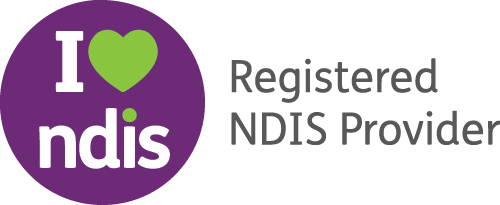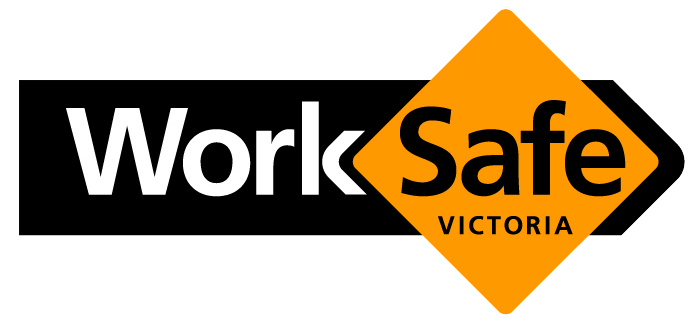How to Engage with a Support Worker (And What They Actually Do)
Support workers play a crucial role in helping NDIS participants live more independently, safely, and confidently. Whether it’s getting ready in the morning, attending community activities, or supporting your mental wellbeing, a good support worker can make a real difference in your daily life.
But if you’re new to the NDIS or have never worked with a support worker before, you might be wondering:
- What exactly does a support worker do?
- How do I choose the right one?
- What should I expect from the process?
In this blog, we’ll walk you through what support workers can help with, how to find the right fit, and how a support coordinator (like us at Hand in Hand) can help guide the process.
What Does a Support Worker Do?
Support workers assist NDIS participants with daily tasks, community access, personal care, and social connection. Their job is to help you live life on your terms, while keeping you safe, respected, and supported.
Here are some of the key things support workers help with:
- Personal care: showering, dressing, grooming, toileting
- Domestic tasks: cleaning, laundry, cooking, meal prep
- Transport: getting to appointments, shops, community outings
- Social and community participation: going to events, joining programs, visiting friends
- Skill building: learning to cook, manage money, use public transport
- Emotional support: being a trusted presence for mental wellbeing
Every support worker relationship is different and tailored to your NDIS goals and personal preferences.
How to Engage with a Support Worker
Engaging with a support worker isn’t just about booking a service, it’s about building a relationship of trust and support.
Here are the key steps:
1. Identify Your Support Needs
Before you start looking for a support worker, ask:
- What do I want help with each day or week?
- What are my goals (e.g., independence, health, social connection)?
- Do I need someone with specific experience (e.g., mental health, mobility needs)?
Your support coordinator can help you map this out.
2. Choose the Right Provider
You can choose to:
- Hire a support worker through a registered provider
- Find one through a platform (like Mable, Hireup)
- Engage directly if you self-manage
Make sure the person or agency:
- Has experience with your type of support needs
- Holds the correct clearances (NDIS Worker Screening, police check)
- Matches your communication style and values
3. Agree on a Support Plan and Schedule
Once you've found someone you like:
- Clearly outline what support they’ll provide
- Set expectations around hours, tasks, breaks, and flexibility
- Agree on communication preferences and reporting
- Make sure pricing is aligned with the NDIS price guide
4. Build a Positive Working Relationship
It’s okay to set boundaries, give feedback, and ask questions.
- Be honest about what’s working and what’s not
- Make space for mutual respect
- If something feels off, speak to your support coordinator or provider
What Makes a Good Support Worker?
A great support worker is someone who is:
- Respectful of your choices and independence
- Reliable and consistent
- Skilled and trained for your specific needs
- A good communicator
- Trauma-informed and culturally aware (when relevant)
How a Support Coordinator Can Help
At Hand in Hand Support Coordination, we help NDIS participants with Melbourne Support Coordination and Victoria find and engage the right support workers for their needs. We:
- Help you understand your funding and what you can use it for
- Connect you with trustworthy, reliable support providers
- Troubleshoot issues or breakdowns in service
- Review and adjust your supports as your needs change
We’re here to make sure your supports actually work for you, not the other way around.
Final Thoughts
A support worker is more than just a helper, they’re someone who walks beside you to help you live the life you want. With the right match and clear communication, your support worker can become a powerful part of your care team.
At Hand in Hand, we offer support coordination and Specialist Support Coordination (Level 2 and 3) for NDIS participants with complex needs across Melbourne and Victoria. Whether you're navigating multiple services, mental health supports, or medical needs, we help you build the right team including trusted support workers.

We hope this blog was useful.
Hand in Hand Support Coordination specialises in personalised NDIS Support Coordination for participants with complex mental health and physical disabilities across Melbourne and Victoria, focusing on Level 2 and 3 support to create tailored support that aligns with goals and budget.




